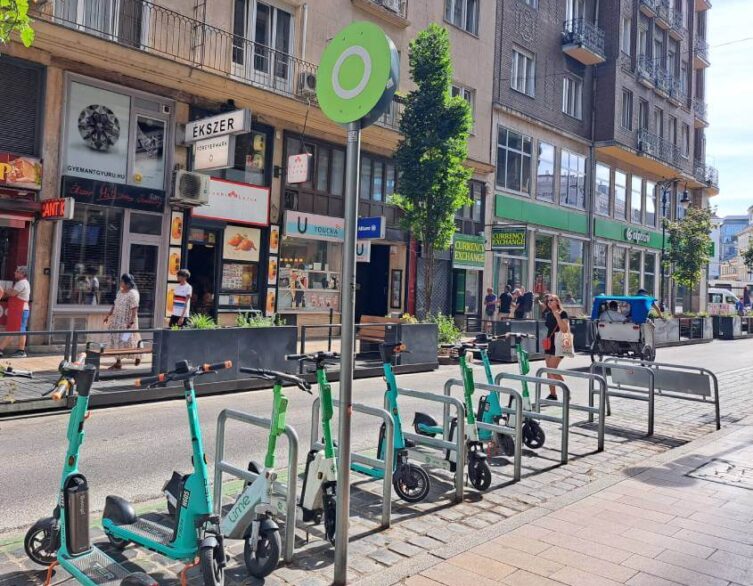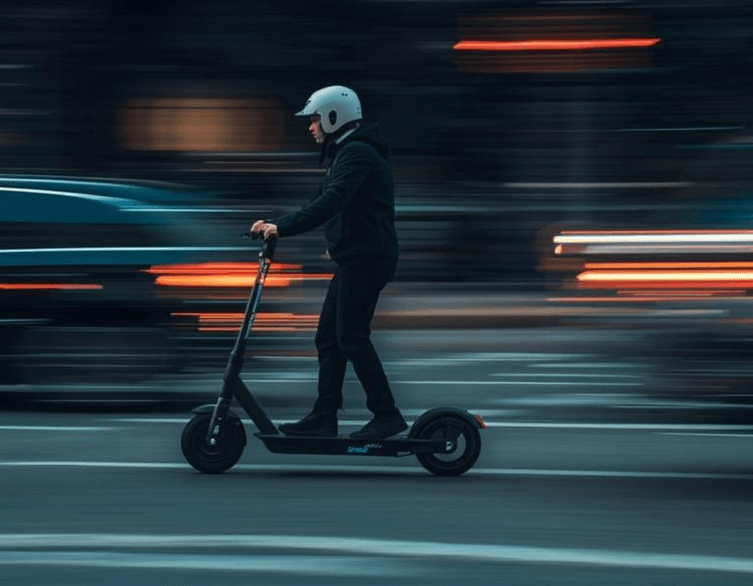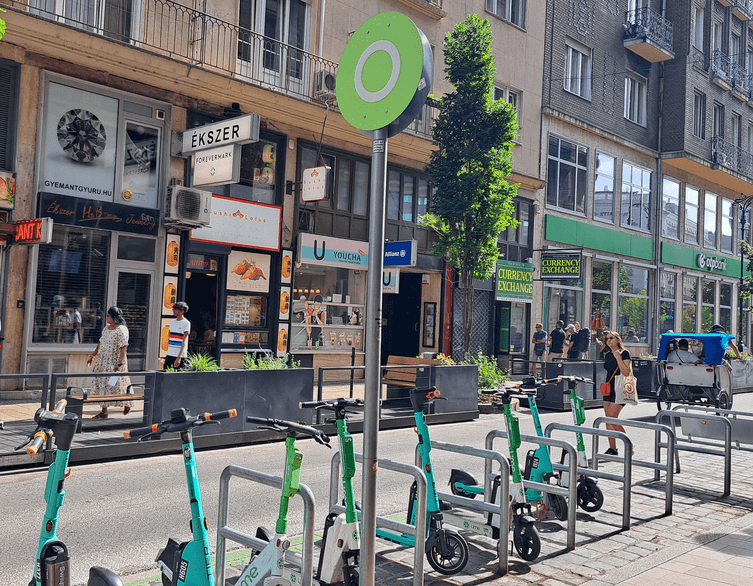Penalties for Driving an Electric Scooter While Drunk in Budapest

Electric scooters have become increasingly popular in Hungary, with an estimated 100,000 scooters in use as of the summer of 2024. However, despite their growing popularity, the legal status of electric scooters remains unclear, particularly regarding drunk driving.
Legal Status of Electric Scooters
Currently, electric scooters are not specifically listed in the Highway Code (KRESZ) appendix of vehicles. As a result, there are no clear regulations regarding speed limits, lighting requirements, or safety equipment for these devices. Despite this lack of clarity, judicial practice is unequivocal in its stance that drunk driving offenses can be committed using an electric scooter.
Definition of a Motor Vehicle
Under criminal law, the definition of a motor vehicle is clear and consistent: any vehicle powered by a built-in engine is considered a motor vehicle. Since electric scooters are used for personal transportation on public roads and are powered by a built-in battery-powered engine, they fall under this definition. Consequently, driving an electric scooter while intoxicated can be considered a drunk driving offense.
The “Do Not Endanger” Principle
The Highway Code’s fundamental principle is the “do not endanger” rule, which applies to all road users. According to judicial practice, this principle comes into play when there are no specific regulations addressing a particular behavior that endangers traffic safety. For example, if an electric scooter driver causes serious bodily injury to another person, they can be held liable for a crime against physical integrity.
Best deals of Budapest
Blood Alcohol Content Limits
Driving with a blood alcohol content (BAC) above 0.5g/l is considered a criminal offense, while BAC levels below this threshold are treated as an infraction. In cases of drunk driving, the offender may face a driving ban, which can last up to 10 years.
Upcoming Changes to the Highway Code
The new Highway Code is expected to introduce specific regulations for electric scooters. Under the current proposal, scooters with a power output of less than 1000 watts, weighing less than 35 kilograms, and having a maximum speed of 25 km/h on flat surfaces will be classified as motor scooters. These scooters must also have at least two wheels, be steered on one axle, and transport the driver in a standing position.
High-powered motor scooters will be those that exceed the above-mentioned power, weight, or speed limits while still meeting the other criteria. Smaller electric scooters will likely be subject to the same rules as bicycles, meaning that no driver’s license, mandatory insurance, or protective equipment will be required for their use.
Conclusion
As electric scooters continue to gain popularity in Budapest, it is crucial for users to understand the legal consequences of driving these devices while under the influence of alcohol. Despite the current lack of specific regulations, judicial practice clearly states that drunk driving offenses can be committed using electric scooters. With upcoming changes to the Highway Code, it is expected that clearer guidelines will be established regarding the classification and use of these vehicles. In the meantime, electric scooter users should exercise caution and refrain from operating these devices while intoxicated to avoid potential criminal charges and driving bans.
Image: Cacor
Related news














